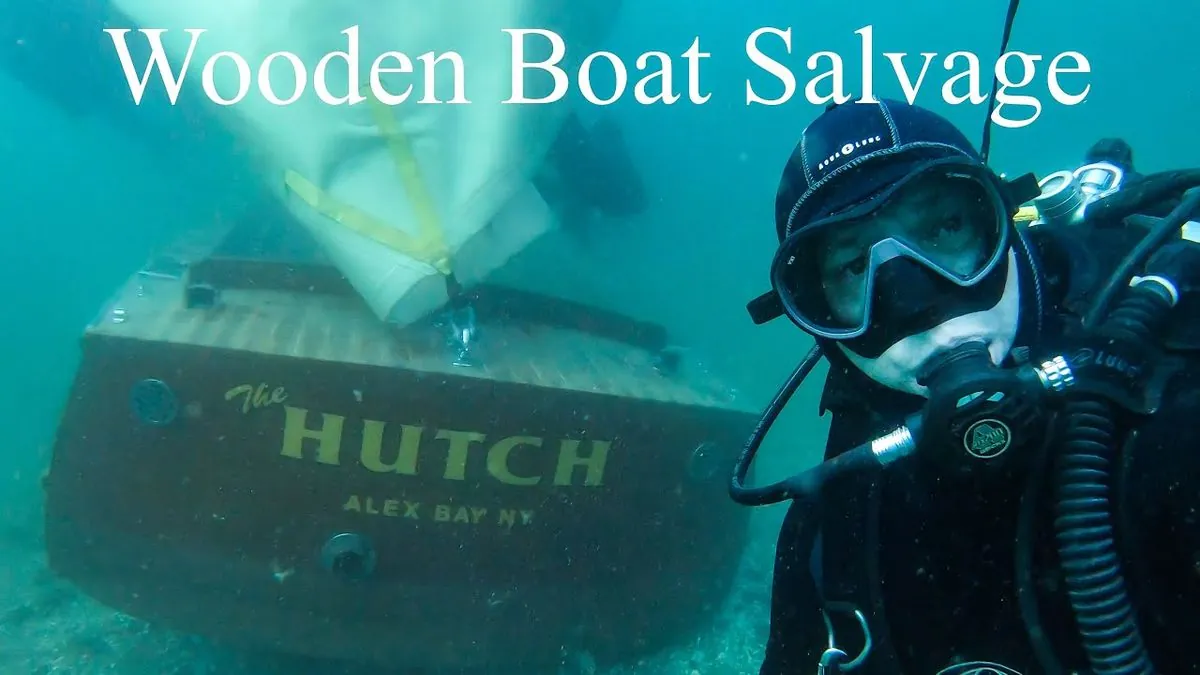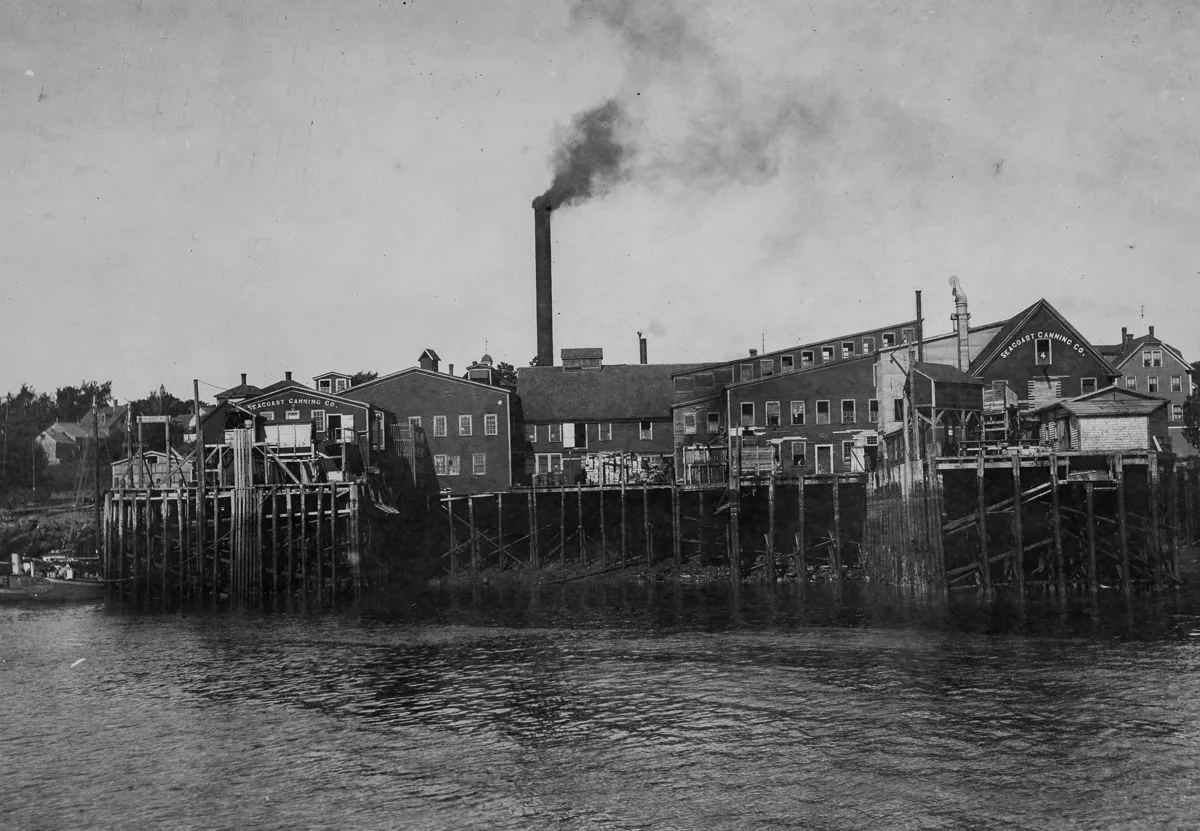Historic Maine Sardine Carrier Faces Scrapping Despite Preservation Efforts
The 83-foot Jacob Pike, a relic of Maine's sardine industry, is set for demolition after sinking last winter. Despite preservation attempts, environmental concerns and costs seal its fate.

In a bittersweet turn of events, the Jacob Pike, an 83-foot (25-meter) motor boat that once symbolized Maine's thriving sardine industry, is facing demolition after being salvaged from the ocean floor. The vessel, which sank during a winter storm in 2023-2024 off the coast of Harpswell, Maine, has been at the center of a preservation effort led by Sumner Pike Rugh, the 21-year-old great-great-grandson of the boat's namesake.
The Jacob Pike, launched in 1949, was one of the first refrigerated sardine carriers during Maine's sardine industry heyday. This wooden vessel played a crucial role in transporting herring from fishing boats to canneries, utilizing an innovative refrigeration system for its time. The boat's significance extends beyond its practical use, representing a pivotal era in Maine's maritime history.
Maine's association with sardines predates its famous connection to lobsters. The state's first sardine cannery opened in Eastport in 1875, marking the beginning of an industry that would flourish along the Maine coast. At its peak, hundreds of sardine canneries operated in the region, providing sustenance for American workers and later supporting allied troops overseas during wartime.

The importance of sardine canneries in American culture was further cemented by John Steinbeck's 1945 novel "Cannery Row," which focused on the industry in Monterey, California. This literary connection underscores the national significance of the sardine canning industry, of which the Jacob Pike was an integral part.
Despite its historical value, the Jacob Pike's fate seems sealed. The U.S. Coast Guard, responsible for mitigating pollution threats from sunken vessels, plans to scrap the boat. The potential cost of up to $300,000 for environmental remediation has made it challenging to transfer ownership to preservationists.
Sumner Pike Rugh, currently a senior at the United States Merchant Marine Academy in Kings Point, New York, formed the Jacob Pike Organization in an attempt to save the vessel. However, the Coast Guard's mandate to address environmental concerns takes precedence over historical preservation efforts.
"I can appreciate the fact that this boat means something to him, but our role is very clear. Our role is to mitigate any pollution threats. Unfortunately the Jacob Pike was a pollution threat."
The recent salvage operation, which used air bags and pumps to raise the Jacob Pike, demonstrated the vessel's enduring seaworthiness. However, this resilience is not enough to overcome the legal and financial hurdles preventing its preservation.
As the Jacob Pike faces its final journey, it serves as a poignant reminder of the changing tides of industry and the challenges of preserving maritime history. While there has been a recent resurgence of interest in tinned fish, it comes too late for this historic vessel, which once played a vital role in Maine's sardine industry before transitioning to hauling lobsters in its later years.
The impending loss of the Jacob Pike highlights the ongoing struggle between environmental protection and historical preservation, leaving enthusiasts and historians to ponder how best to honor and remember the vessels that shaped coastal communities and industries.


































